June 11, 2025 | 17:07 GMT +7
June 11, 2025 | 17:07 GMT +7
Hotline: 0913.378.918
June 11, 2025 | 17:07 GMT +7
Hotline: 0913.378.918
On May 9, the People’s Committee of Ea H’leo District (Dak Lak Province) held a workshop on sustainable coffee development within the district.

Coffee is the main crop cultivated by the people of Ea H’leo District. Photo: Tran Tho.
In his opening speech at the workshop, Mr. Y Thang Eban, Vice Chairman of the Ea H’leo District People’s Committee, emphasized the important role of coffee in the district’s socio-economic development. However, he noted that under the pressure of climate change, market fluctuations, and increasingly strict requirements from global supply chains, sustainable coffee development is an inevitable trend. According to him, this requires a comprehensive transformation, from cultivation, harvesting, and processing to environmental protection and the efficient use of land and water resources.

Vice Chairman of the Ea H’leo District People’s Committee, Y Thang Eban, delivers the opening speech at the workshop. Photo: Tran Tho.
“The workshop today is an opportunity for us to share experiences, update scientific and technological knowledge, and listen to feedback from experts, managers, and businesses. Through this, we aim to find practical solutions to overcome difficulties and guide the coffee industry of Ea H’leo District toward more sustainable development", Mr. Y Thang Eban emphasized.
Ea H’leo District currently has over 25.000 hectares of coffee, with an annual production of approximately 60.000 tons. Coffee is gradually establishing itself as a key economic sector, making up a significant portion of the agricultural structure, playing a crucial role in socio-economic growth, and improving the livelihoods of local people.
However, the coffee industry in Ea H’leo is also facing many challenges. A large area of coffee plantations has passed the high-yield period and is starting to degrade. Climate change is causing unusual weather patterns, droughts, and complex pest outbreaks. Global coffee prices fluctuate significantly, while local processing capacity and brand development remain limited. The coffee value chain is fragmented, with weak connections between farmers, businesses, and the market. Pressure from competition with major coffee-exporting countries is also increasing.
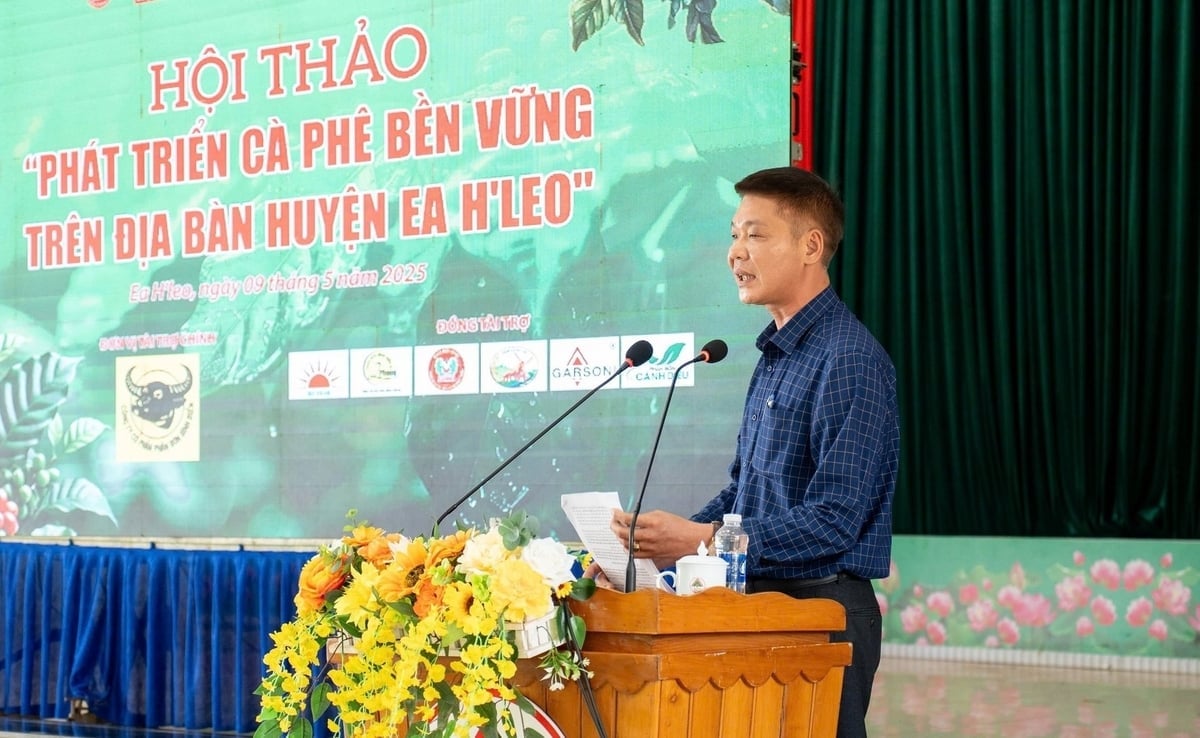
Deputy Head of the Sub-Department of Agro-Forestry-Fisheries Quality Management (under the Department of Agriculture and Environment of Dak Lak Province), Bui Duc Thien, speaks at the workshop. Photo: Tran Tho.
Mr. Bui Duc Thien, Deputy Head of the Sub-Department of Agro-Forestry-Fisheries Quality Management in Dak Lak Province, emphasized that in order for the coffee industry to continue its sustainable development in the province, and particularly in Ea H’leo District, local authorities must strengthen cooperation with relevant sectors moving forward. He highlighted that the focus should be on the effective implementation of policies aimed at supporting farmers, businesses, and cooperatives. This includes fostering better linkages within the coffee value chain, promoting sustainable coffee production practices, and encouraging the development of a coffee processing industry closely tied to stable consumption. Such efforts are necessary to meet the increasing demand of both domestic and international markets.
Presenting on "Solutions to improve coffee productivity and quality in Ea H’leo, adapting to climate change", Mr. Pham Anh Cuong, from the Research and Development Department of Binh Dien Fertilizer Joint Stock Company, stated that to achieve the goal of building a smart coffee farming process that adapts to climate change; stabilizing and improving soil fertility; increasing income for farmers and stakeholders in the coffee production chain, Binh Dien focuses on raising public awareness on the application of scientific and technical methods in farming and using fertilizers intelligently. Ongoing research is being conducted to refine processes that align with the local farming practices. They are also introducing specialized NPK fertilizers for each type of crop, tailored to climate change, with reasonable pricing that suits the local conditions of the people.
Regarding the technical process of sustainable coffee tree care, Mr. Truong Hong, former Director of the Western Highlands Agriculture and Forestry Science Institute and member of the Scientific Council of Binh Dien Fertilizer Joint Stock Company, shared that in order to adapt to climate change and market fluctuations, coffee farmers in the Central Highlands have initially applied innovative coffee farming solutions. Several models have been successfully implemented in the Central Highlands, particularly in provinces such as Dak Lak, Gia Lai, and Lam Dong. These models have mainly been supported by international organizations, technology companies, and the Ministry of Agriculture and Environment.
Specifically, Binh Dien has launched a smart coffee farming program in five provinces of the Central Highlands and Son La province. The models implemented since 2014 have achieved notable results, such as saving 10-30% of irrigation water, reducing fertilizer use by 5-20%, cutting pest control costs by 10-30%, increasing yield by 5-15%, and boosting profits by 5-15% compared to the control group of farmers.
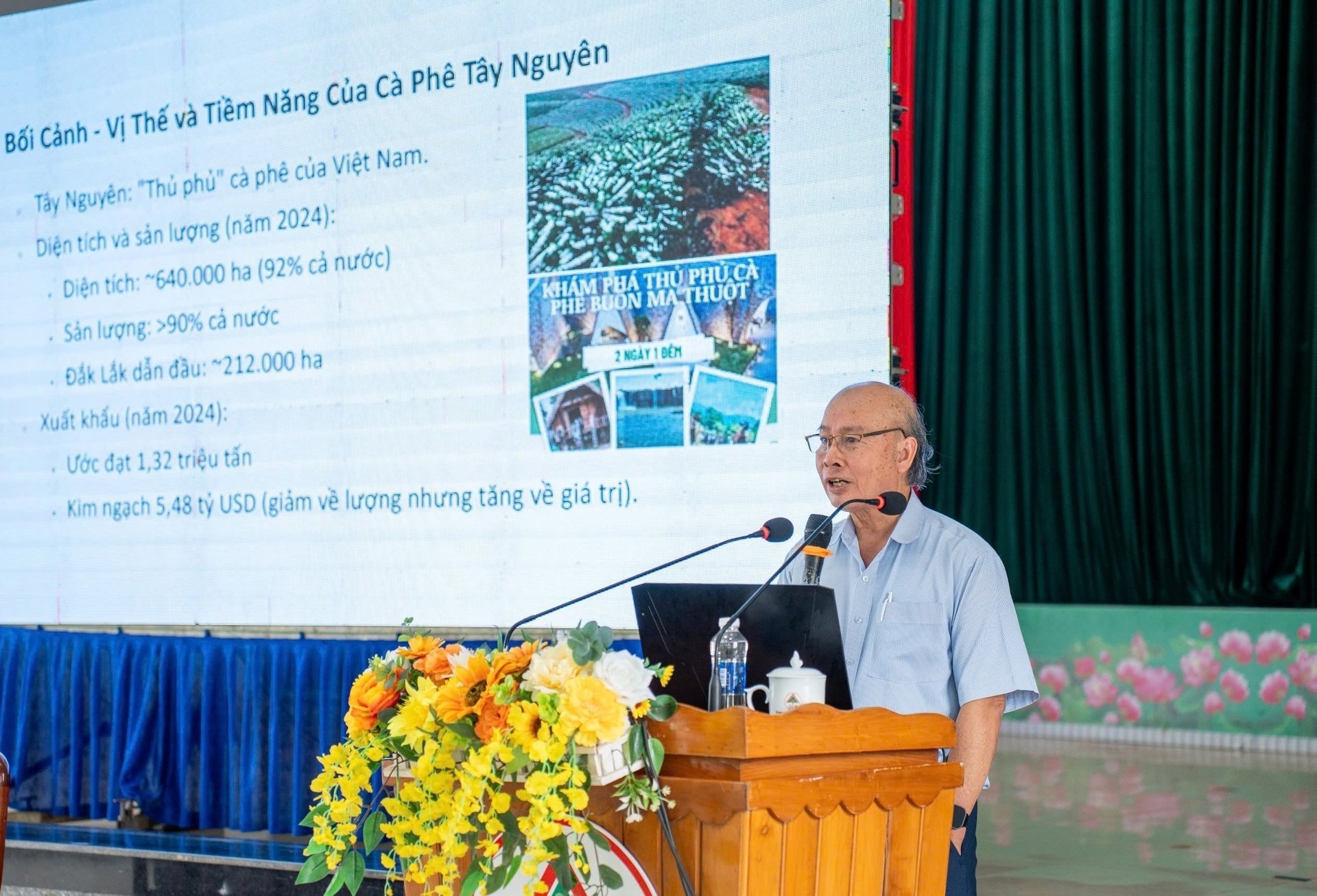
Mr. Truong Hong from the Central Highlands Agro-Forestry Science and Technical Institute, and a member of the Scientific Council of Binh Dien Fertilizer Joint Stock Company, presents on "Technical procedures for sustainable coffee cultivation and care techniques". Photo: Tran Tho.
Coffee cooperatives have also begun incorporating AI and blockchain technology into big data analysis to ensure traceability, predict pricing trends, and forecast coffee consumption patterns, which in turn allows farmers to better guide their production strategies and engage with markets more efficiently. Some farmers in Dak Lak and Gia Lai have adopted water-saving irrigation systems combined with fertilizer application through the irrigation network, while also using sensors to monitor soil moisture (IoT).
"Smart farming is not only a technological trend but also an essential solution that helps the Central Highlands coffee industry overcome challenges amid climate change and market fluctuations to ensure sustainable production. The application of advanced technologies will help optimize production processes, protect the environment, and improve the livelihoods of farmers. Therefore, for the Central Highlands coffee industry to develop sustainably, investing in smart coffee farming is a direction that needs to be promoted and expanded in the future. This is the Green Revolution in the coffee industry", asserted Mr. Truong Hong.
During the seminar, delegates, businesses, and scientists thoroughly assessed the current situation of coffee production, processing, and consumption in Ea H'Leo district. They analyzed the opportunities and challenges facing the coffee industry in the context of international economic integration, the growing demand for green and sustainable development, and shared valuable experiences and successful sustainable coffee production models from localities, businesses, and organizations.
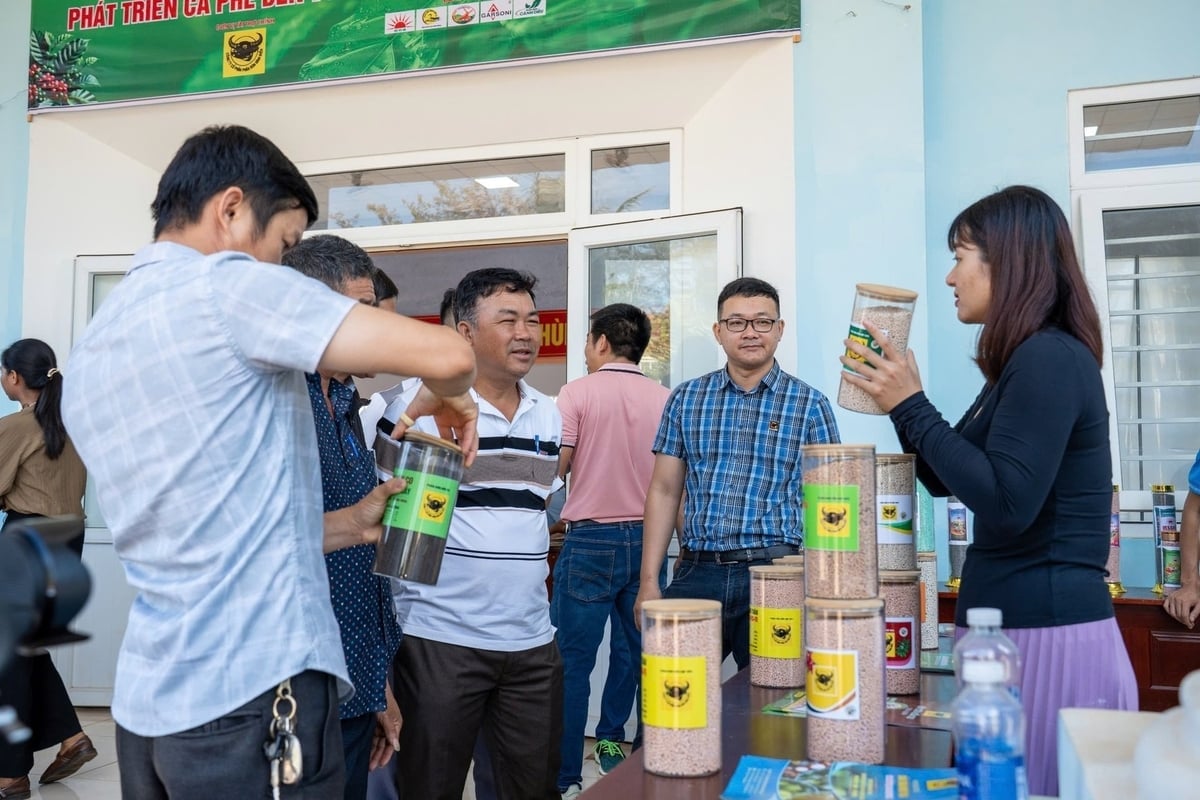
Local farmers explore fertilizer products on display at the workshop. Photo: Tran Tho.
In addition, specific and feasible solutions have been proposed to promote the production, processing, and consumption of Ea H’Leo coffee in a modern, efficient, sustainable manner, and in adaptation to climate change. Specifically: promoting replanting coffee with high-yield, high-quality varieties that are drought-resistant; widely applying sustainable farming practices, minimizing the use of fertilizers and chemicals; increasing investment in deep processing, building the Ea H’Leo coffee brand linked with geographical indications and international standards; developing cooperatives, establishing linkages between farmers, businesses, banks, and the market; expanding direct export markets and gradually reducing dependence on intermediaries;...
Within the framework of the seminar, the farmers of Ea H’Leo district were able to listen to several presentations from leading experts, representatives of farmers' associations, cooperatives, and coffee production and processing businesses related to coffee. At the same time, they exchanged and discussed to identify factors affecting the sustainable development of coffee and propose solutions to remove obstacles hindering the sustainable development of coffee in Ea H’Leo district in the new phase.
Translated by Phuong Linh
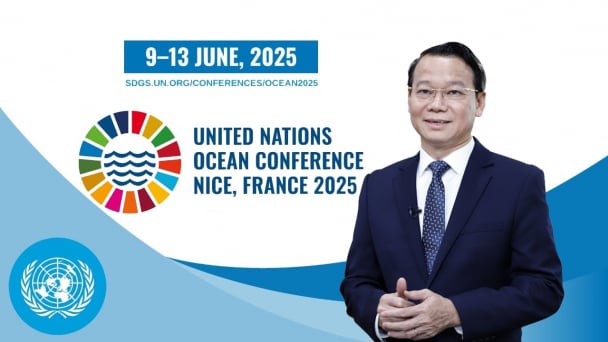
(VAN) Minister Do Duc Duy affirmed Vietnam’s 6 strategic goals, prioritizing on conserving ocean ecosystems in tandem with developing a blue marine economy.
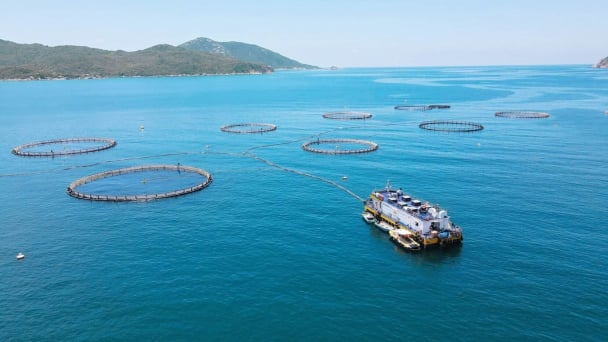
(VAN) On June 9, within the framework of the UNOC3, Minister Do Duc Duy met bilaterally with Mr. Murray Watt, the Minister for Environment and Water of Australia.

(VAN) The signing and exchange of a cooperation agreement between the Vietnam Department of Geology and Minerals and its French counterparts were witnessed by Prime Minister Pham Minh Chinh and French Prime Minister Francois Bayrou.
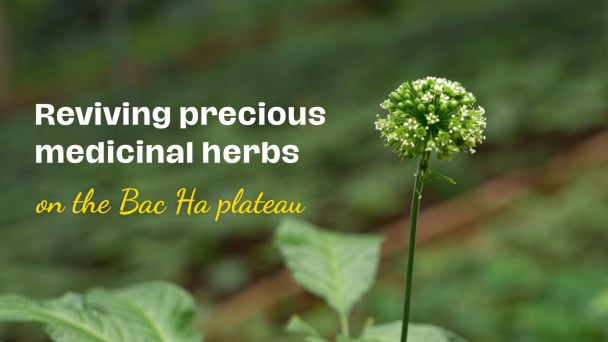
(VAN) With the tireless efforts of Co De Chai Cooperative and more than 1,200 local households, the valuable herbs are being cultivated and cared for each day.
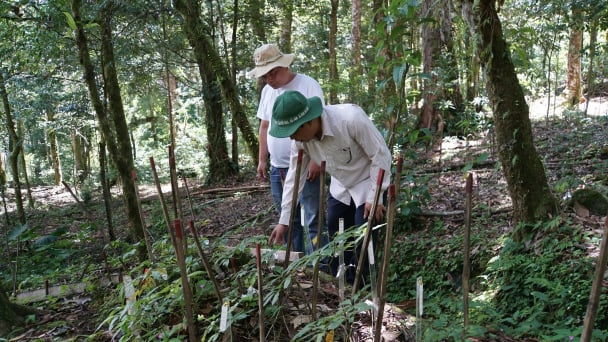
(VAN) The festival aims to promote Ngoc Linh ginseng and the herbal medicine sector as key economic drivers, closely linked with the conservation of natural resources and the cultural identity of the mountainous region.

(VAN) AVAC Vietnam shipped 120,000 doses of the African Swine Fever vaccine to Indonesia on June 9. The vaccine is anticipated to be delivered to importers and distributors after a four-hour flight.
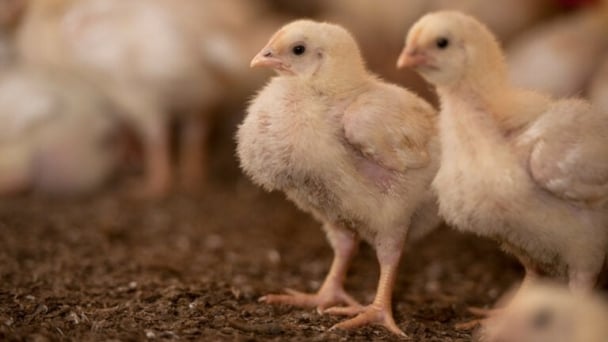
(VAN) A recent study by the Royal Veterinary College has highlighted key challenges preventing the UK poultry industry from adopting higher welfare standards outlined in the Better Chicken Commitment.